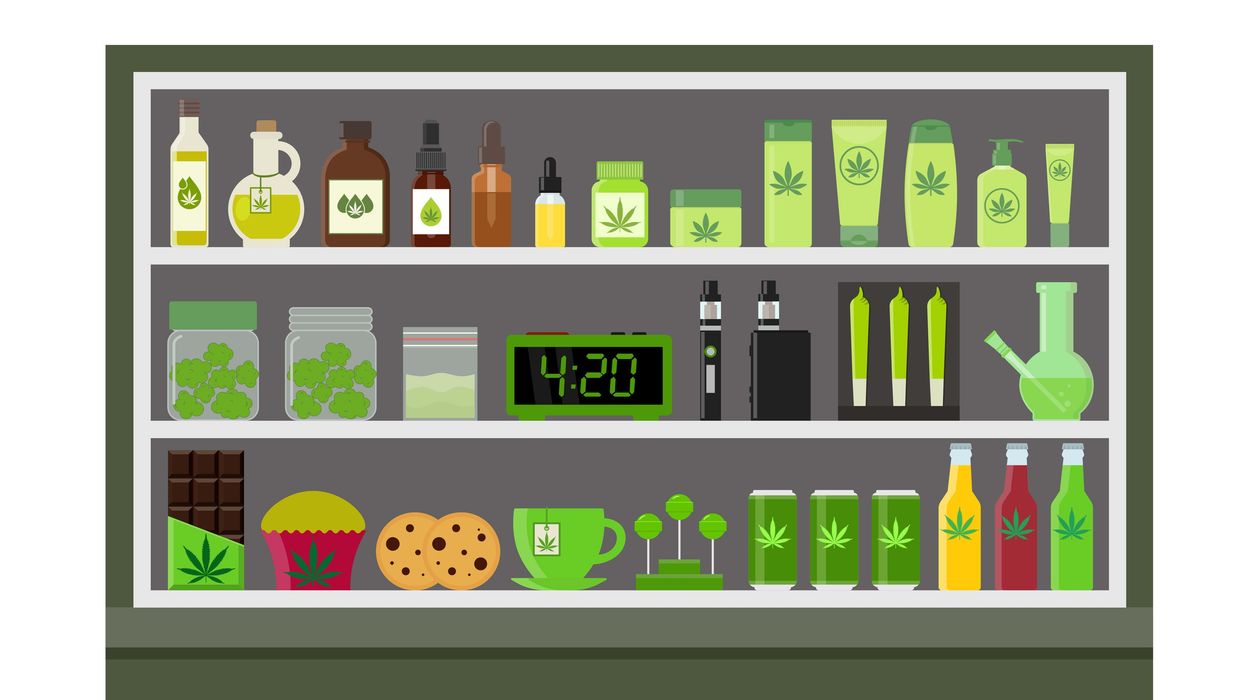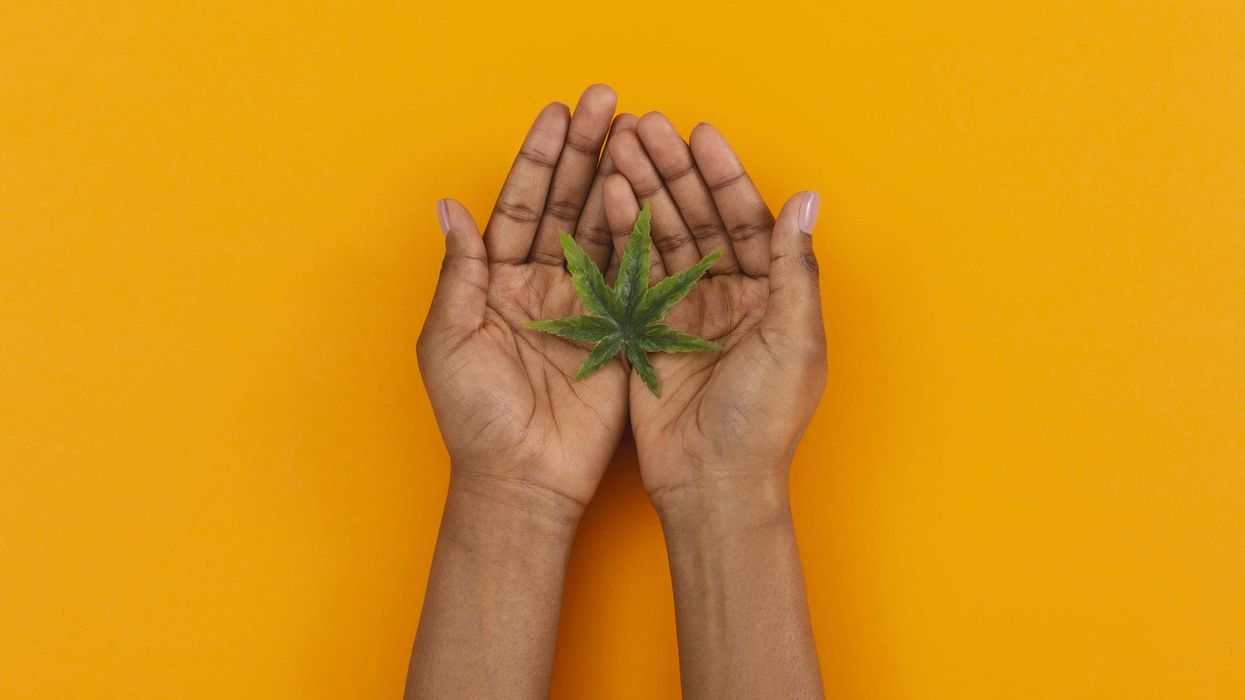If you’re a fan of podcasts (and cannabis), The CannaBS Detector, which is in its third season, is an essential addition to your rotation.
Co-hosted by “the cannabis industry’s very own BS detector” Kristen Yoder and CEO of cannabis hemp and advisory service Good Highdeas Brett Puffenbarger, the CannaBS Detector podcast dives into the scams and pitfalls of the industry in an effort to inform, educate, and ultimately get rid of the bad apples by uprooting the rotten tree entirely.
Whether you’re a consumer, entry-level employee, industry leader, or investor, you can’t afford to miss this podcast – or this wealth of hard-earned knowledge and insight.
As welcoming as the cannabis industry may seem on surface level, it’s a much darker ball game when you’re contributing to it from behind the scenes, and the CannaBS Detector aims to expose the industry’s longest-kept secrets.
Why Does it Suck to Work in Cannabis?
S3E5, plainly and appropriately titled “Why Does it Suck to Work in Cannabis?”, stands out to consumers and industry employees alike for its controversial candor.
The episode has the co-hosts discuss their own experiences that led to them both being outspoken critics of the industry, and eventually offer up solutions they believe would have a positive, cleansing effect on a vastly toxic culture.
“I feel like a lot of people are recovering. It’s one of the reasons I created this podcast,” Yoder says in the episode.
“I wish as a young woman, when I got into this industry, I knew how predatory it was. Because I had a lot of really fucking crazy things happen to me, and because [cannabis] wasn’t legal, all these companies were run by mostly psychopaths or sociopaths who had a high tolerance for risk.”
Yoder starts the episode by diving into her initial experience working at a dispensary, which marked the beginning of a series of injustices and abusive treatment she would be forced to endure for years to come – no matter the cannabis company or role she played in it.
“I was working at a dispensary, and when we would get weed that had mold or tons of stems, I would not package that. I would throw it out,” Yoder says. “The owner would try to tell me those were trichomes. And I was like, fool, that is mold. Back then, it was medical. Well, that’s not very medical to give people shitty weed.”
This was during the dispensary-raid era, the wild west of cannabis, when it was more common than not for your go-to dispensary to suddenly disappear overnight due to a surprise raid from the DEA.
Yoder was working as a budtender in Venice, California, with the “promise” of one day owning the dispensary herself, when the shop was raided. The DEA agents took everything: all of the product and all of the profit, while also smashing and destroying everything in their way.
“I opened up the safe for them so they wouldn’t break it, and the rent money was in the safe,” Yoder says. “I was like, ‘Please, just pay the rent!’ But of course they didn’t pay the fucking rent.”
Yoder goes on, detailing how all of the product was thrashed around and essentially destroyed by the raid. She ended up pulling a 16-hour day to try and put everything back together, changing the dispensary name, starting a new website, and replacing all of the product so it looked like nothing had happened.
The dispensary owner had told Yoder he’d sell her the shop in five years, so she was prepared to do whatever it took to ensure everything was recovered. However, she was met with a sickening dose of reality the next day.
The DEA had missed one camera, so the owner was able to watch some of the action from the lone footage. He saw a clip of Yoder talking to the DEA and gleaned onto it, using the discovery as a means to basically blackmail her.
“He said, ‘Look, you’ve cost me a lot of money over the years.’ Because I had thrown out moldy shit,” Yoder says. “At the time, I was selling my Jeep for $2,000, and the rent was $4,000. Since they seized the rent, he decided I owed him half. So he took my Jeep.”
As shocked as she was by this demand, Yoder gave in, convinced that she was making sacrifices for a dispensary that would one day be hers. Instead, she ended up with no shop to her name, no Jeep, and an intense amount of burnout and overall trauma.
“I think a lot of people would hear that story and go, ‘Oh, that was the early days,’ but the same shit’s happening today. Maybe not the police raid part, but the terrible treatment,” Puffenbarger adds.
Puffenbarger reflects on an early cannabis industry memory of his own, when he witnessed someone within his company sell cannabis illegally, flagged it as a compliance issue, and ended up being the one who got in trouble.
“Everyone thinks we’ve matured as an industry, and we’ve gotten past the point of DEA raids every day, but I feel like I’ve watched enough people come from other industries, and it’s almost like that gif of the baby who runs into the room and then runs out,” Puffenbarger says.
“So many people see the fluff and the hype out there and think, cool, I can combine my passion for cannabis with my corporate abilities, and then they walk into these places and they’re shit shows...People are getting overworked, underpaid, and shit on.”
The Insidiousness of Sexual Harassment and Misogyny in the Cannabis Industry
For as poorly-run as many of these cannabis companies have been and continue to be, the poor treatment only continues to inflate for women in the industry who are, at best, not taken seriously and, at worst, harassed and/or abused.
“Women are continuously getting pushed out by men,” Yoder says. “Sexual harassment and misogyny is rampant. I know so many young women who were either being hit on and they said something and then got let go, or they had a relationship with someone in the company and then had it held against them and were pushed out.”
While the cannabis industry claims to be one of the most women-friendly industries in the nation (37% of senior-level jobs at cannabis companies are held by women), these statistics don’t account for the women in lower-level positions who are constantly exploited, harassed, brushed off, or pushed out entirely.
“I personally have experienced discrimination and harassment while working in the industry, and women contact me daily to share their stories as well,” founder of Boss Ladies of Cannabis (BLOC) Rachel Colic told Weedmaps in an interview.
BLOC conducted a survey among women in cannabis, asking about their experiences with sexual harassment in the workplace, and how their companies dealt (or did nothing) with these issues.
Approximately 53 percent of the women claimed to have experienced workplace harassment in the cannabis industry, while 46 percent of those women specified the harassment as sexual. Meanwhile, 60 percent said their workplaces had policies on sexual harassment, but only 30 percent claimed to receive actual training for it.
The Green Fraternity: Toxic “Bro” Culture Poisons From the Top
Another major issue in the industry that Yoder and Puffenbarger call to attention is the toxic “bro” culture that exists at the top, often stemming from venture capitalists and other financial experts who are brought into the industry with little to no understanding of how it should actually operate.
“There’s this grass ceiling where these bro dudes hire their bro dude friends to run their company, and they have no idea what they’re doing,” Puffenbarger says. “So they exploit and steal the knowledge from the people who actually give a shit and expect you just to feel happy that you get to work in weed. That’s not good enough.”
Yoder agrees, bringing up her own experience with venture capitalists being brought into an edible company she was working at. The company’s owner was thinking about either selling or looking into investment, so a team was brought in to conduct a SWOT (strength, weakness, opportunity, and threat) analysis.
Yoder and her coworkers saw this as an opportunity to bring up their issues with management and operations, which they hoped would be met with open minds and willingness to bring forth solutions.
“We had a little bit of strengths, tons of weaknesses; a little bit of opportunities, tons of threats. Morale was shit. We felt like we were working on too many things at the same time,” Yoder says.
“They gave us an opportunity to focus and put into words all of the negatives, and then within a year, they didn’t give a fuck. When it came to doing our annual reviews, they would basically be like, ‘What is the monetary value you add to the company?’”
At this point, Yoder felt overworked, exhausted, and completely exasperated with how things were being run. Only three percent of the company that was there before the SWOT remained. The venture capitalists had alienated everyone, making them feel like replaceable numbers and nothing more.
“It was a shell of a company. They ended up getting raided twice because of an ex-salesperson calling the cops on them,” Yoder says. “And then I found out that the men were all paid twice as much as the women, even though the women knew everything.”
Although this wasn’t the first time Yoder felt burned by a cannabis company, it was the straw that broke the camel’s back, pushing her to where she is today: one of the industry’s most vocal critics.
Entry-Level Cannabis Employees Are Treated as Disposable Numbers
“There are real numbers for this,” Puffenbarger says. “The average person’s first cannabis job only lasts four months. The average person in cannabis has three jobs within their first two years.”
While disposable positions are unfortunately the norm in many entry-level jobs, Puffenbarger argues that even the lowest-level cannabis position requires a wealth of knowledge, experience, and expertise that just isn’t being properly rewarded or recognized.
“Trimmer, budtender...those are actually skilled labor jobs,” Puffenbarger says. “They are not minimum wage bullshit jobs. They’re getting a huge weight put on their shoulders, and oftentimes at a very young age, where they’re taking on very large responsibilities to do very big things.”
Ultimately, there’s a huge break in the communication chain within the cannabis industry. Entry-level employees experience this abusive treatment, but never have the chance to bring their complaints to the top.
On the other hand, executive cannabis employees take their experience from other industries and often forget the fact that they may need to learn a thing or two about cannabis before diving in.
And when there is a lack of involvement in company culture or dialogue with the lower-level employees who actually have the cannabis knowledge a company needs to succeed, this severe lack of communication only poisons the industry from the inside out.
How Could it NOT Suck to Work in Cannabis?
For as many grievances Yoder and Puffenbarger both have with the cannabis industry, they also bring up a few solutions that may help clean up the toxic environments – or at least some key takeaways for you to bring to your next job in cannabis:
- Working in cannabis isn’t the same wherever you go, but one thing often remains: the toxic culture.
- Cannabis is an emerging industry, which is exciting, but it’s also a big reason it tends to attract more than its fair share of “sketchy people” and “corporate sharks,” looking to get in on the “green rush.”
- Toxic corporate culture starts at the top, but it’s continued by employees staying silent. If you’re going to work in cannabis, you cannot be afraid to speak up, or these issues will continue to perpetuate.
- The issues within the cannabis industry can and should be prevented, but nothing will change until everyone starts getting honest about what is actually happening.
“In a compliance-based industry, you cannot afford to have people not give a fuck,” Yoder says. “You really shouldn’t make people feel like you care and then do nothing, because people will stop communicating with you. And then you are on a runaway train to collapse.”
As simple as it sounds, proper communication is the key to a thriving industry – and it’s also something the cannabis sector has never come close to mastering.
Until the cannabis industry wakes up to these issues on every level – from the lowest-level employee to the CEO – and really makes an effort to understand how every role and piece of knowledge speak to each other, the tree will continue to rot to the point of no return.
“You’ve got two people sitting here who have watched it happen and are telling you it happens again,” Puffenbarger says. “And we’re not Chicken Little or Alex Jones – we actually might know what we’re talking about, just a little bit.”
Need a little more Bluntness in your life? Sign Up for our newsletter to stay in the loop.
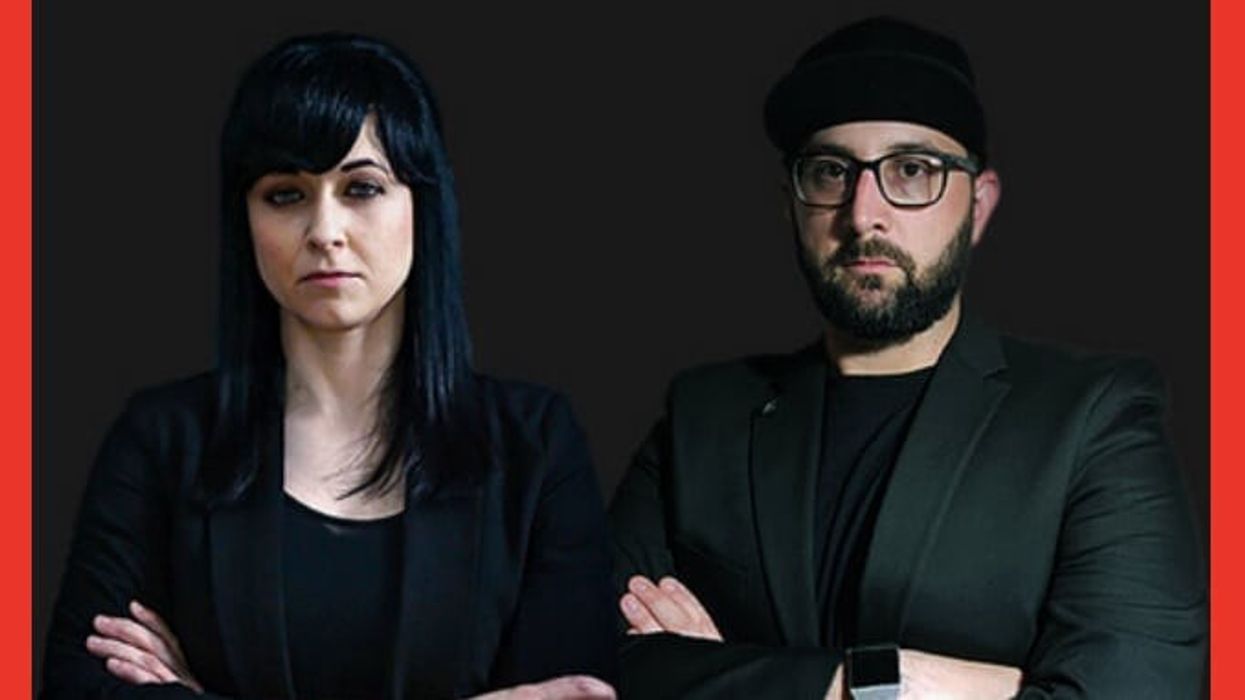


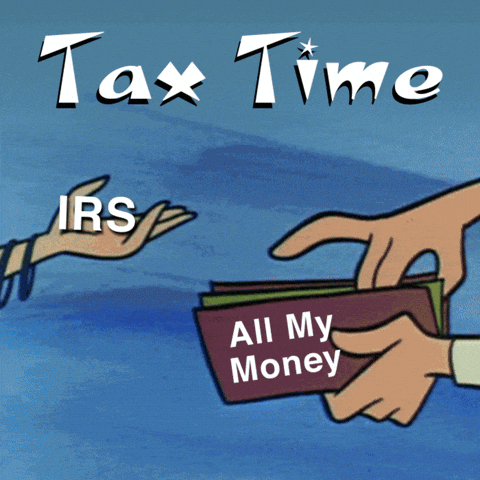








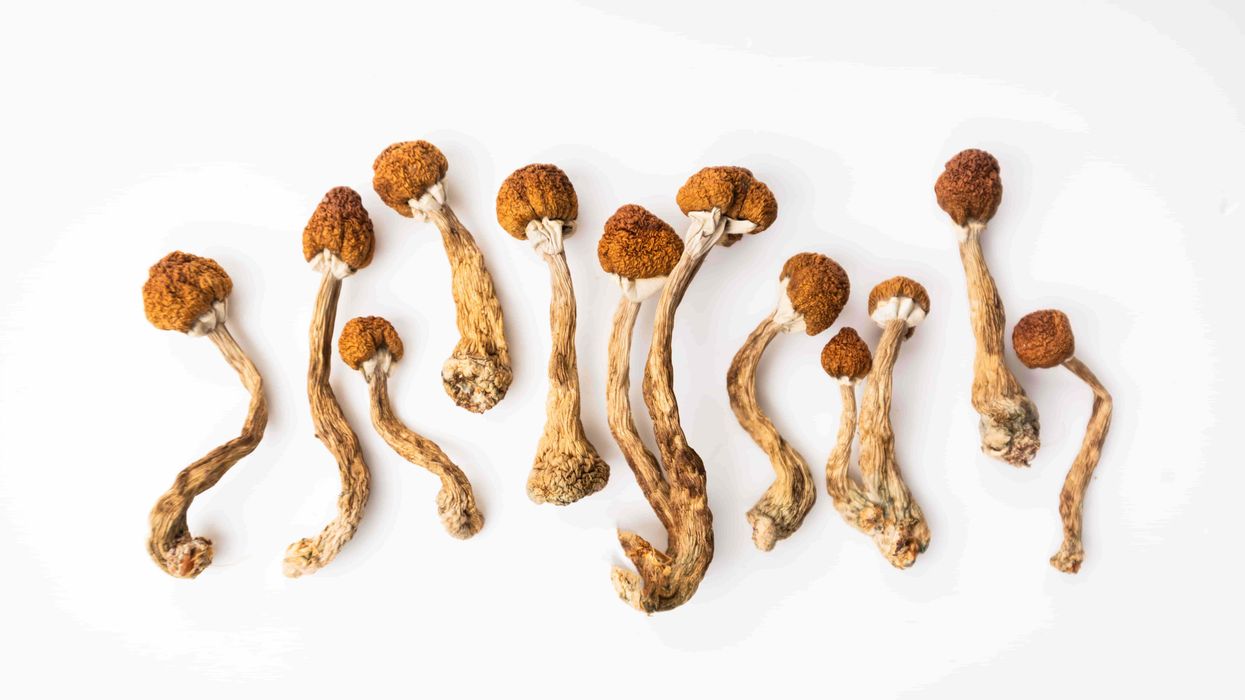
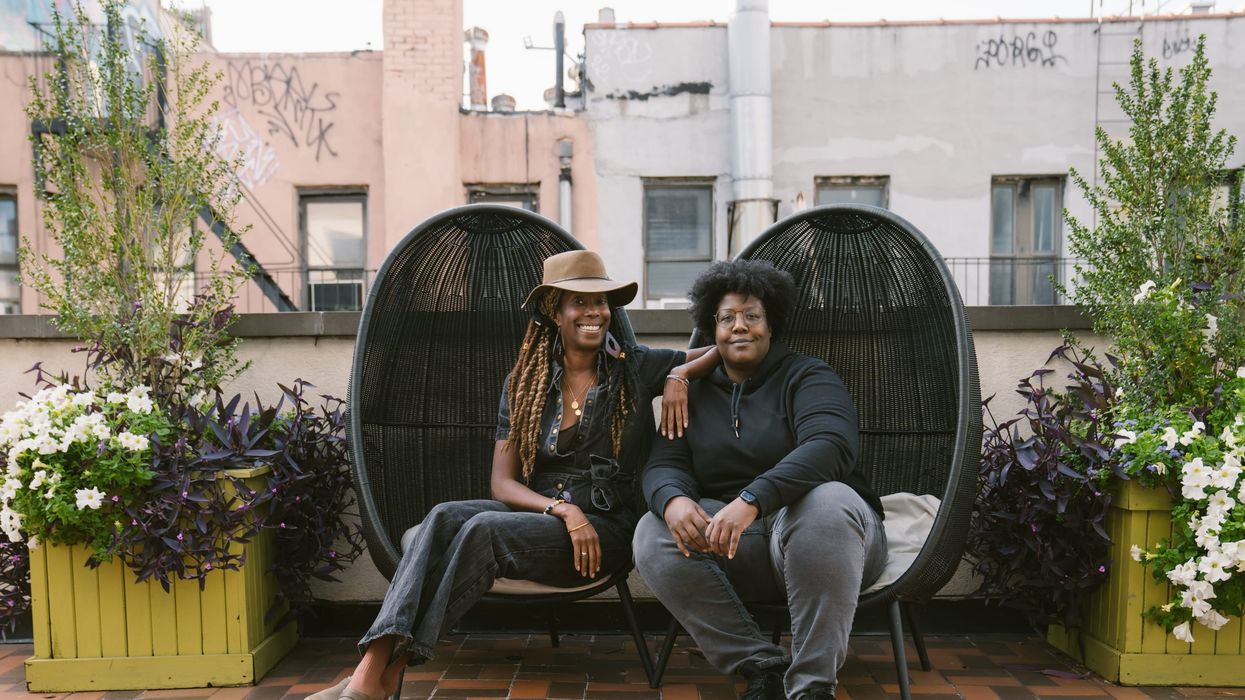
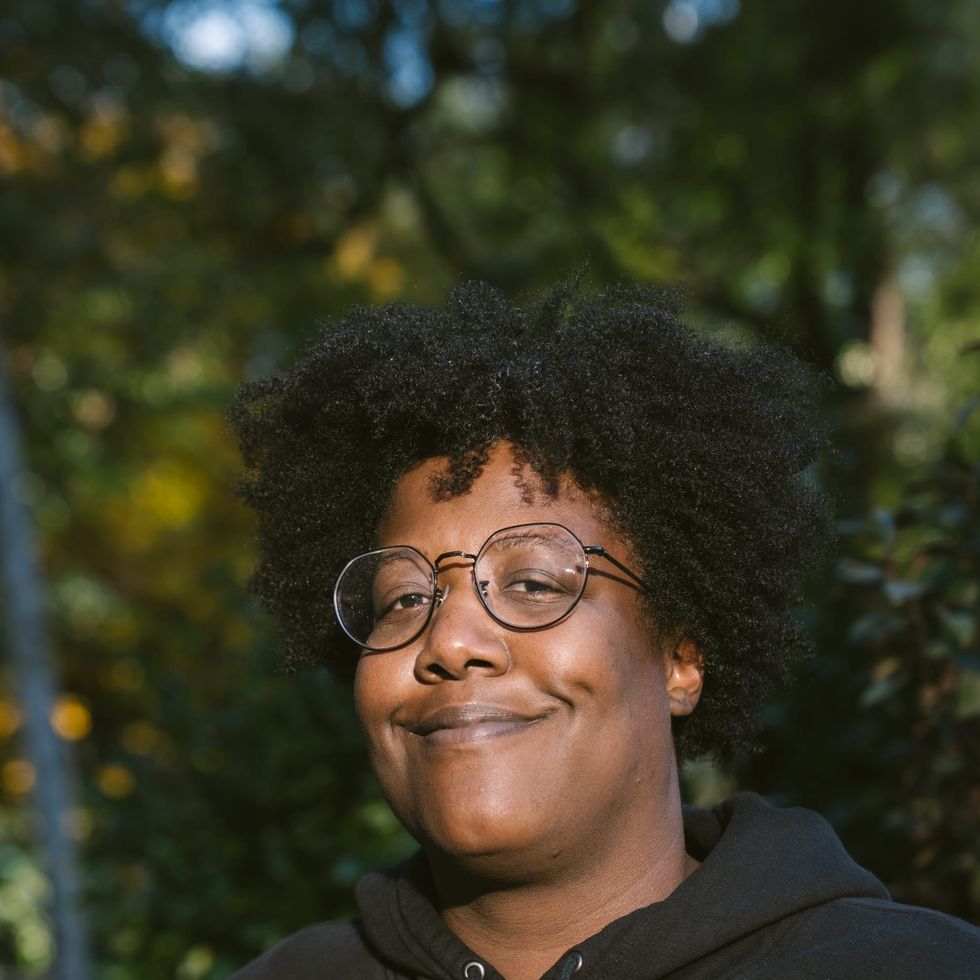 Erven's Angela BaconPhoto: Cindy Trinh 2024 | Erven
Erven's Angela BaconPhoto: Cindy Trinh 2024 | Erven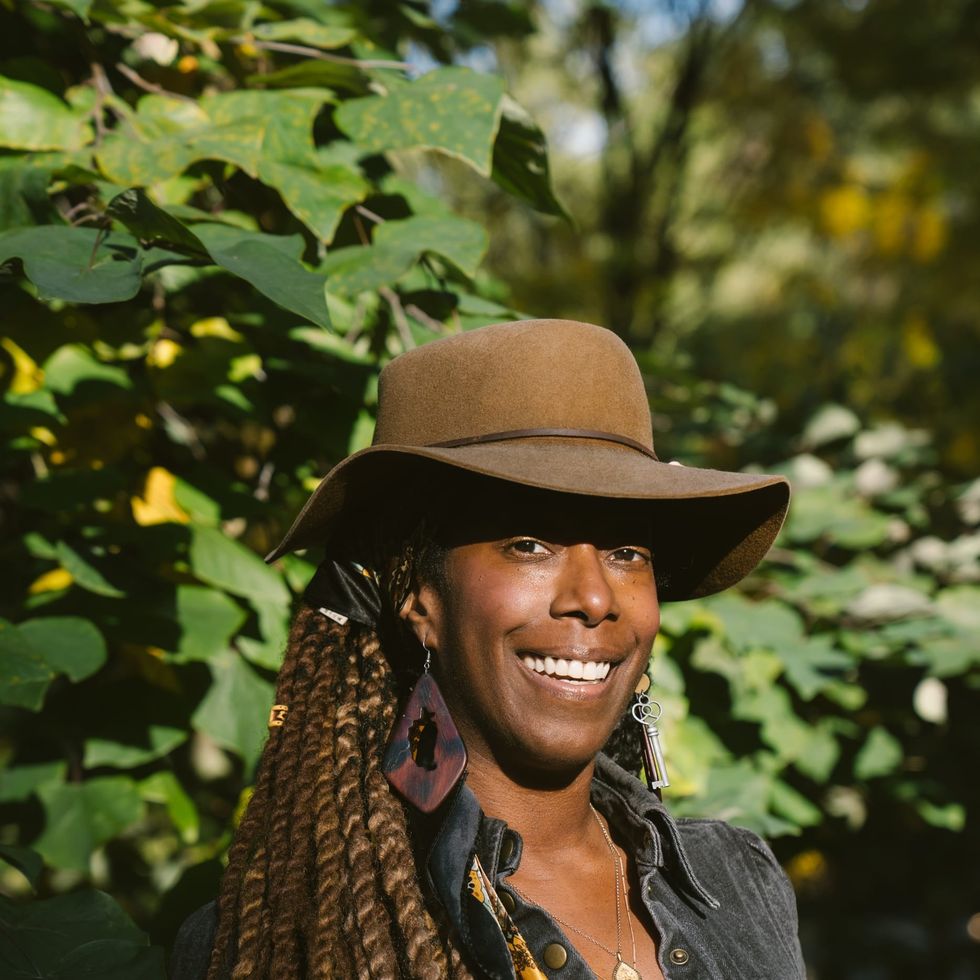 Erven's Solonje Burnett Photo: Cindy Trinh 2024 | Erven
Erven's Solonje Burnett Photo: Cindy Trinh 2024 | Erven
